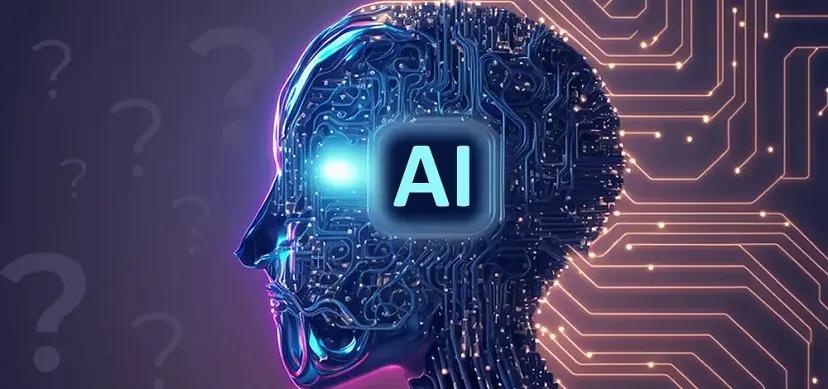In the world of technology, the phenomenon called artificial intelligence (AI) has not only sparked interest in recent years, but has also proven to have the potential to radically change our lives. This concept of computer systems and algorithms that aim to mimic human intelligence is leading to revolutionary changes.
From healthcare to the automotive industry, from financial services to education, AI is used in a wide range of fields. In the medical field, AI is used to diagnose diseases and create treatment plans. However, in the automotive industry, AI systems are being developed for autonomous vehicles.
AI not only optimizes existing systems, but also opens up new possibilities. The innovations that come with AI, such as deep learning techniques, are used to extract meaningful information from complex data sets. This enables businesses to gain valuable insights from large data sets.
However, with the development of AI comes some concerns. Concerns such as job loss, data privacy, ethical concerns and the impact of AI systems on human decisions are increasing with the rapid advancement of technology. It is vital that these concerns are addressed and AI is used ethically and responsibly.
In conclusion, we are living in a period of rapid development of artificial intelligence technology, and this technology is likely to cause significant changes in many areas in the future. However, considering the ethical and social implications of these changes and utilizing the potential of AI in a positive way are the factors that will determine the true contribution of this technology to humanity.
This article is just a starting point on AI. While AI expands human knowledge and creativity, it also brings with it ethical and social responsibilities. It is up to us to strike this balance in shaping the future.


